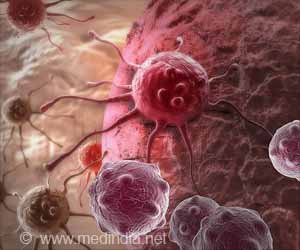Children and young adults undergoing cancer treatment, may experience a prolonged period of COVID-19. The extended duration of infection may also increase the incidence of mutations.

‘A long period of infection raises concerns about the development of viral mutations, as SARS-CoV-2 mutates about once or twice a month.’





In the study, published in the journal EBioMedicine, the team described two children and a young adult with acute lymphoblastic leukemia who tested positive for SARS-CoV-2 for months.
Lymphoblastic leukemia is a type of cancer of the blood and bone marrow that affects white blood cells. While most people are infectious for about 10 days after first showing Covid symptoms, this is the first report of active prolonged symptoms and infection in a pediatric or young adult population, said lead author Jennifer Dien Bard, Director of the Clinical Microbiology and Virology Laboratory at CHLA.
SARS-CoV-2 mutates about once or twice a month, according to Bard. A long period of infection raises concerns about the development of viral mutations. When a virus replicates, it copies its genetic code, but sometimes the virus makes a mistake known as a mutation.
Most mutations have no effect on how the virus behaves or on the disease it causes, but some may result in the virus acting differently. For example, the B117 SARS-CoV-2 variant, which has 17 mutations, is thought to be more infectious than other virus variants.
There is some evidence to suggest the B117 variant may have originated in a person who was immunocompromised and consistently infected with SARS-CoV-2. Yet even in immunocompromised patients, months-long infections are rare, Bard said.
Advertisement
Advertisement















